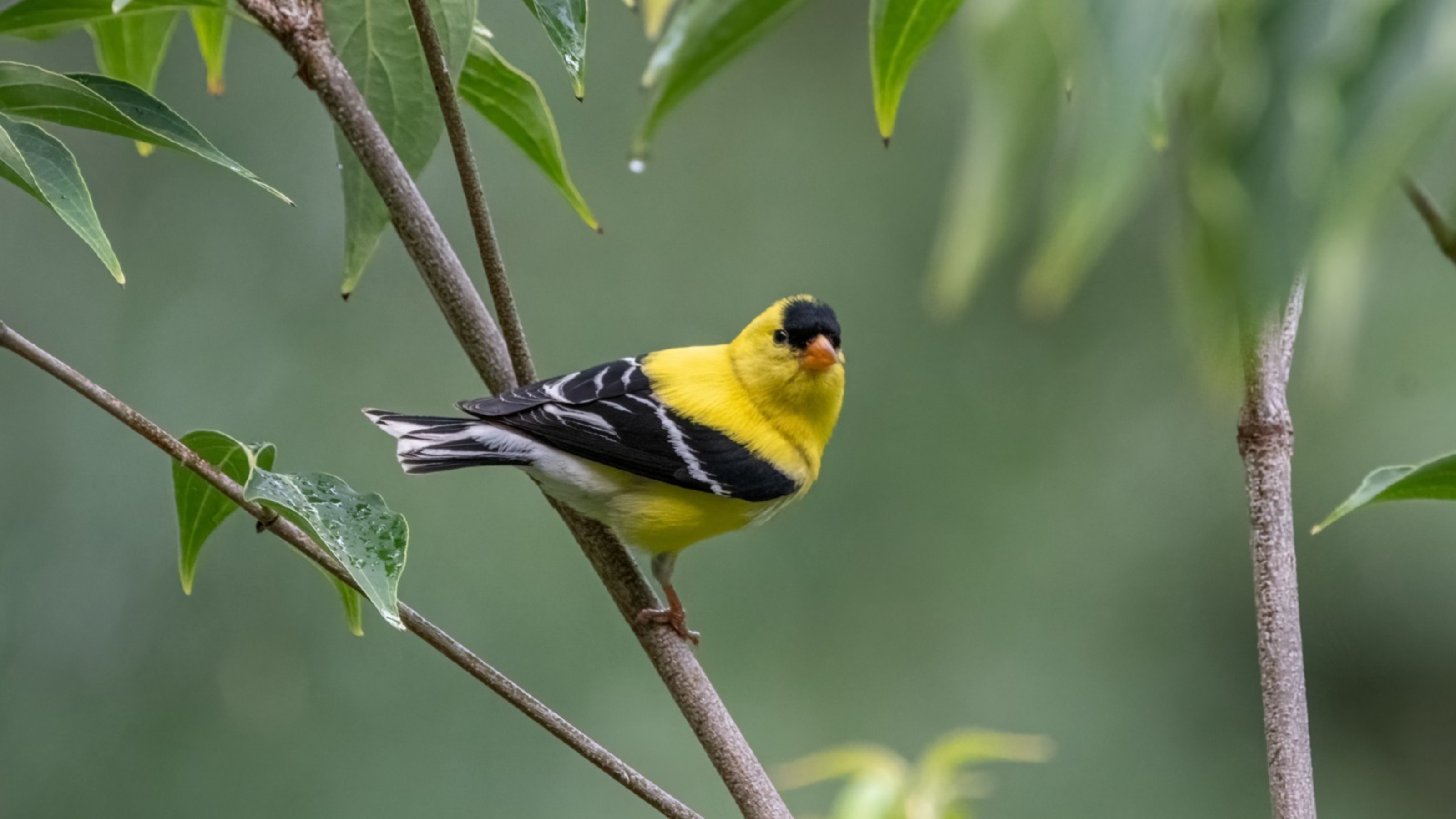Decentralizing science.
Topic: Dr. Spencer Wells on the Legacy Fund: A New Model for a Big Science Project
Spencer Wells: What we’re doing in Genographic is really in some ways kind of a new model for doing a big science project, you know, instead of hiring a lot of scientists and centrally to one particular geographic location and building a big brick building or whatever it is and sending them out and having them do the sampling and then bring it back to a central repository and we publish only in the scientific literature and that’s that. It is very much a collaborative defuse effort among many scientists and collaborators around the world, a web of collaborators numbering into the hundreds now, all over the planet and in effort to answer this questions, in my opinion that’s the only way this could really properly be done because we’re working with human beings, with working with cultures all over the world and they’re different cultural sensitivities and so, you know, I as somebody who was raised in American, European tradition wouldn’t necessarily understand all the cultural sensitivities in Southern India or the Philippines or wherever it might be and so we have regional centers, scientists set up doing this work. But it’s also in a broader sense, a collaboration among anybody who’s interested, you know, so you can log onto our website, you can get yourself tested, it’s interactive in that sense, kind of web2.0 sense, you can get your DNA tested, be a part of a big scientific effort which doesn’t happen very often and by doing that, you help us to fund the third component of the project, so we’ve got the field science, we’ve got the public participation. The third component is the Legacy Fund, which is a grant giving entity in the project that provides us with a way to give something tangible back to these indigenous groups around the world whose way of life is as I said before in many ways endangered and so, you know, groups will apply to us, you don’t have to be a participant in the project, any indigenous or traditional group around the world can apply, grants typically in the range of $25,000 or so often seed grants to get a project off the ground. To fund a cultural or educational initiative aimed at raising awareness about the challenges facing that group, saving a language, teaching the language to their children, preserving traditional knowledge about plant resources, whatever it might be. But it’s a way to give something back to these groups and in a small way, you know, perhaps make the world a better place, I mean actively go out and try and preserver some of this amazing diversity that defines us as a species. So, you know, these three components are critical to the success of the project, we can’t take one of them away, they’re all three very important to what we’re doing.
Question: What drives this work?
Spencer Wells: What drives me to do this, it’s an obsession, you know, for lack of a better term, it’s not a job, you know, I think about this stuff constantly, I think about it as I’m, you know, driving to work, I think about it when I’m sitting on airplanes, I think about it when I’m, you know, driving out to some remote location in the Sahara Desert. I think about it, you know, as I’m lying in bed at 3 in the morning worrying about things, but I’m still obsessed with the science that drives it, trying to figure out the answers to these things. I think, you know, that’s what drives any scientist, you know, you have this desire, not just a desire, a need to find the answers to these questions and I don’t think that that’s gonna go away, I mean I think once we figure out some of the answers to questions that we’re asking in the Genographic Project, there are gonna be new questions that come up and there’s always gonna be more to do.
Recorded on: 5/22/08





